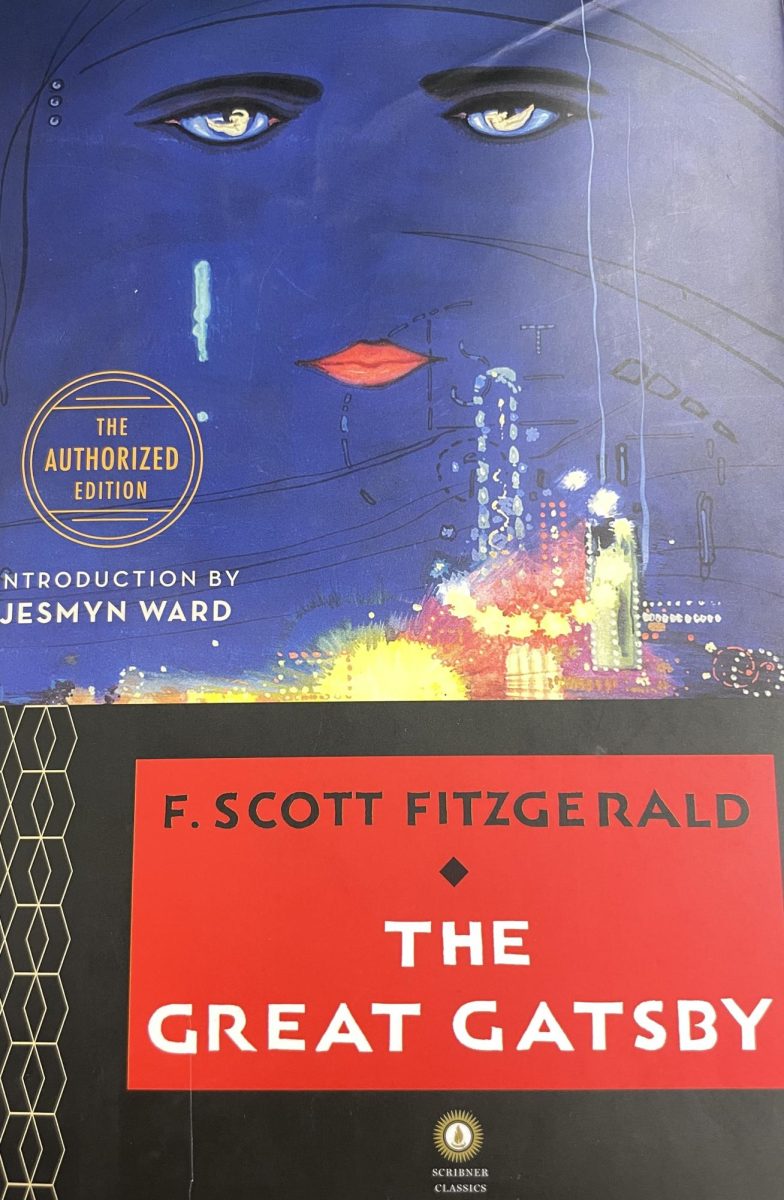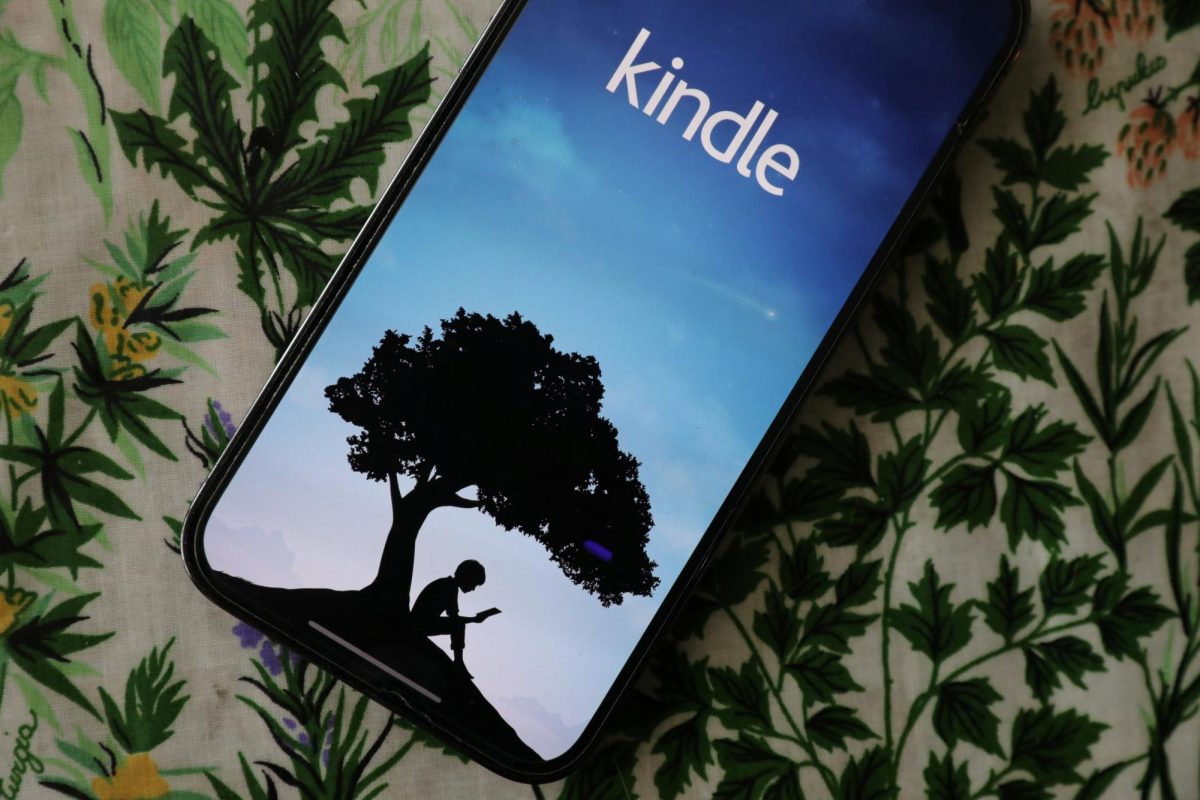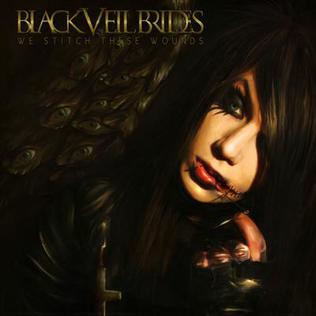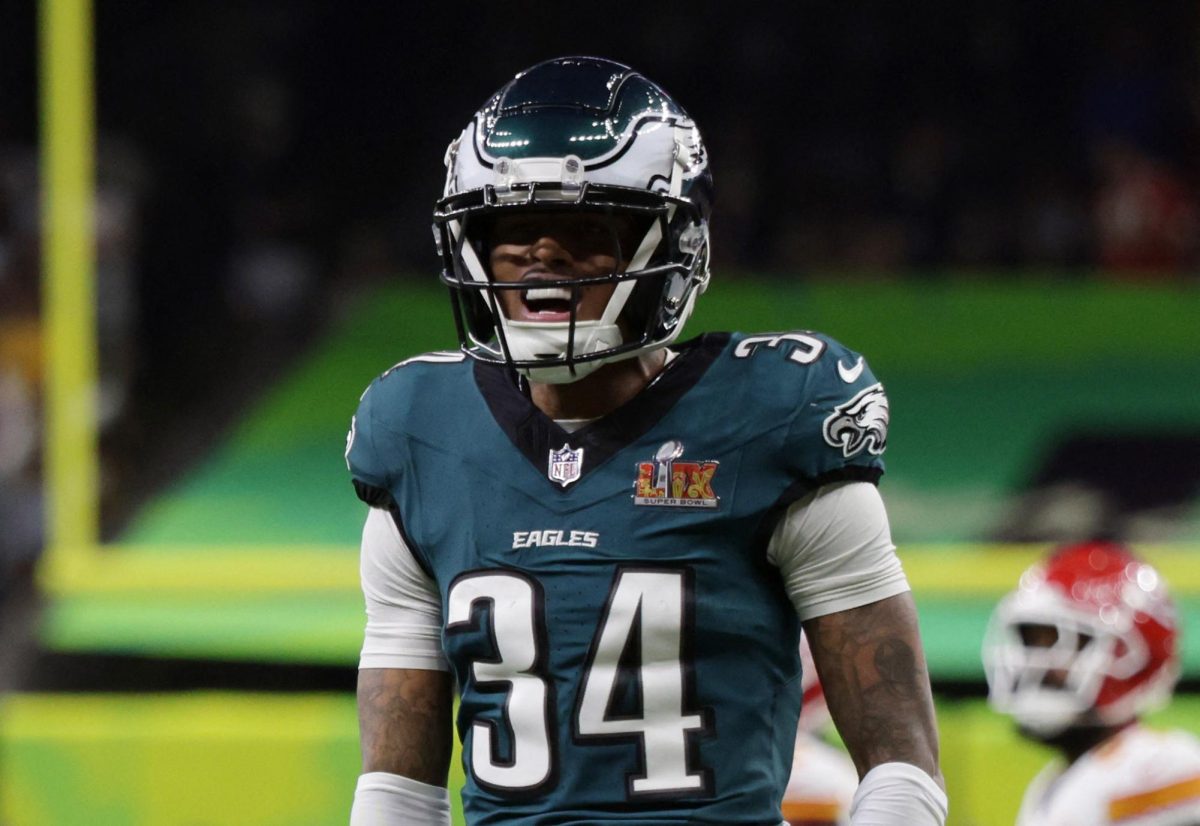“The Great Gatsby” stands as an American classic in today’s literature, but should it?
When F. Scott Fitzgerald published his novel “The Great Gatsby,” he had no way of knowing that it would be his legacy. He probably didn’t even think it would be popular, considering the failure of his two prior books. Despite this, both Fitzgerald and “The Great Gatsby” have gone down in history, acclaimed and coveted by many, but do they really deserve this fame? No.
“The Great Gatsby” is possibly one of the most stereotypical books I have ever read. And what makes it worse is the author tried to make up for the lack of originality with flowery prose for English majors to obsess over. The plot reminds me of every poorly made reality television show I’ve ever watched. A man loves a woman, but she’s married. And that woman’s husband is cheating on her. The man is Gatsby, the woman is Daisy, the husband is Tom and the cameraman recording it all awkwardly in the corner is Nick. Nick Carraway, while being the narrator, somehow manages to simultaneously be the most irrelevant character in the whole story and the most annoying. Though he really plays no important roles throughout the entire novel, he has an opinion about everything, and honestly I don’t know if I’ve ever heard worse takes.
Among these horrible takes are Nick’s–and therefore Fitzgerald’s–bad representation and characterization of women. There are three main female characters in the book: Daisy–Gatsby’s obsession and resident trophy wife, Jordan–the cheating professional golfer and Myrtle–Tom’s “other woman”. Plainly, these are all obvious, harmful stereotypes of women, and they weren’t even necessary to the plot. Did Daisy have to be a bad mother, completely clueless and only have one good trait–her wealth–to advance the plot? I don’t think so. Did Nick have to go into detail over and over about how dishonest and horrible Jordan was, even though she only served as a form of information for the reader? Did Myrtle have to be obsessed with materialistic things and dress in tight clothes for the reader to understand that she was the mistress? No, all these things accomplished was revealing Fitzgerald’s underlying misogyny to his audience.
Another characteristic of Fitzgerald that is commonly overlooked is his alcoholism. As mentioned, his two novels before “The Great Gatsby” flopped terribly, which brings me to the conclusion that its success was closer to a fluke. Fitzgerald never set out to write a classic that would be read by generations of high school students. Which brings the question, did he mean to do any of it? Any student who has had to read “The Great Gatsby” for school has probably had it shove down their throat that there are a million different supposed “symbols” and “hidden meanings” throughout the book. Not to say that there is absolutely no symbolism or the like included, but, really, is it rational to believe that every single sentence he wrote was methodically structured and selected and not just the rantings of a pessimistic, unwell addict? Especially considering his history of failures in writing and, honestly, life in general.
In all, while “The Great Gatsby” is considered the American classic, it lacks in most (if not all) valuable literary aspects. The plot is tired and unoriginal. The characters are based off of the most lazy stereotypes. The representation of women is horrible. And I really can’t figure out why any of this is important in literature today. A book of what not to do? Some might say it is considered a classic because of its relevance today because it explores social hierarchies and the relationship struggles between past and future. But, to say that that makes it deserving of this title is to ignore all other works that have explored the exact same things. Am I supposed to believe that “The Great Gatsby” did it best? That the commentary of an alcoholic from the 1900s is that valuable?
When put in that context, it seems impossible for me to say that “The Great Gatsby” is deserving of its popularity. And more, deserving to be read by a multitude of high school students.









